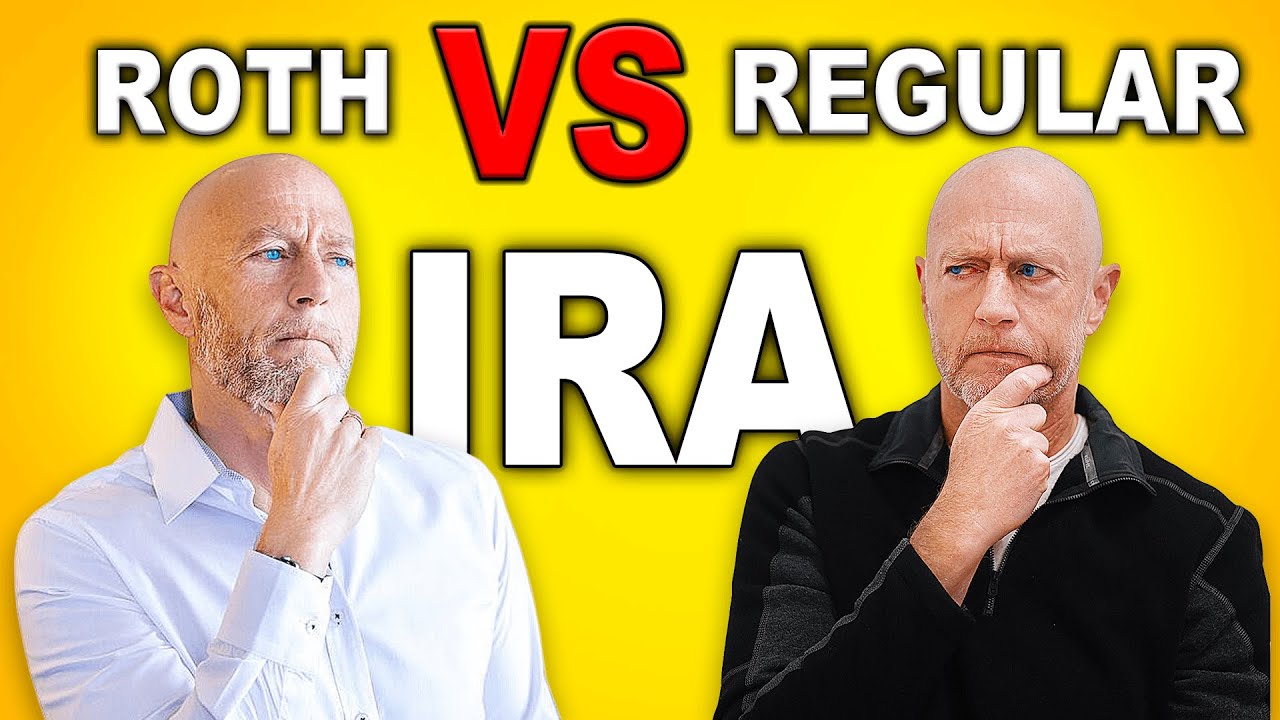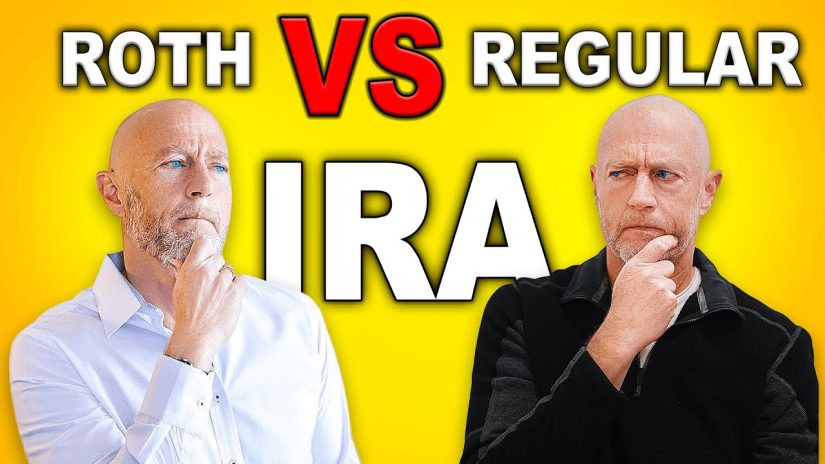
# **Q&A: Understanding the Roth IRA Debate – Our Perspective on the Main Arguments**
The **Roth IRA** has established itself as a favored choice for retirement savings, though it comes with its share of debate. Financial professionals, economists, and individual investors weigh its advantages against traditional retirement accounts such as the **Traditional IRA** and **401(k)**.
Some contend that Roth IRAs offer the best opportunity for tax-free growth, while others argue they may be less beneficial for specific savers. So, is contributing to a Roth IRA the right move for you? In this article, we dissect the primary arguments both in favor of and against Roth IRAs while providing our insights into the ongoing discussion.
## **Q&A on the Roth IRA Discussion**
### **1. What is a Roth IRA, and how does it function?**
A **Roth IRA** is a tax-advantaged retirement savings account that allows individuals to make contributions with **after-tax income**, meaning the contributions aren’t eligible for tax deductions. The main advantage, however, is that **distributions** during retirement, including gains, are **tax-free**, provided some criteria are satisfied (e.g., being at least **59½ years old** and having maintained the account for a minimum of **five years**).
## **The Pro-Roth IRA Case**
### **2. What reasons do many individuals have for backing Roth IRAs?**
Proponents assert that Roth IRAs deliver **notable benefits** across several vital aspects:
#### ✅ **Tax-Free Growth and Distributions**
– Since withdrawals from Roth IRAs during retirement are tax-exempt, savers enjoy compound growth with no worries about future tax implications.
– This is particularly beneficial for those who anticipate being in a **higher tax bracket** in retirement.
#### ✅ **Absence of Required Minimum Distributions (RMDs)**
– Unlike Traditional IRAs or 401(k)s, Roth IRAs do not mandate RMDs starting at **age 73** (as of 2023).
– This aspect renders them a superb option for **estate planning** or for **maximizing tax efficiency** later in life.
#### ✅ **Withdrawal Flexibility**
– Contributions (but not earnings) can be accessed **at any time without incurring penalties or taxes**.
– This affords greater liquidity compared to other retirement accounts that impose penalties for early access.
#### ✅ **Advantageous for Younger and Lower-Income Savers**
– Younger individuals in lower tax brackets can contribute from taxed income now and **evade higher tax rates in the future**.
– This renders Roth IRAs particularly appealing for **early-career individuals** and those anticipating **significant salary increases**.
## **The Anti-Roth IRA Case**
### **3. What arguments do some individuals present against utilizing a Roth IRA?**
Even with clear benefits, opponents underline several possible drawbacks:
#### ❌ **Unpredictability in Future Tax Legislation**
– While the current Roth IRA setup enables tax-free withdrawals, there are concerns that **future tax policies** may shift—diminishing the advantages of Roth accounts.
– Speculation exists that the government could impose **new taxes** on Roth withdrawals for higher-income individuals.
#### ❌ **Is it Better to Secure the Tax Break Now?** (Comparing Traditional IRA and Roth IRA)
– A **Traditional IRA** offers an **immediate tax deduction**, lowering taxable income in the present.
– For someone who is in a **high tax bracket currently but anticipates being in a lower bracket later**, a Traditional IRA might yield more significant long-term tax savings.
#### ❌ **Contribution Limits and Lack of Employer Matching**
– For 2024, Roth IRA contributions are capped at **$7,000 annually** ($8,000 for individuals 50 and older).
– High earners may struggle to contribute directly due to **income thresholds**:
– If **single**, the phase-out starts at **$146,000** and concludes at **$161,000**.
– If **married filing jointly**, it ranges from **$230,000** to **$240,000**.
– Unlike a **401(k)**, Roth IRAs do not include employer matching, representing a key **missed advantage** for many savers.
#### ❌ **Roth Conversions Result in Immediate Tax Liabilities**
– **Roth conversions** (transferring funds from a Traditional IRA or 401(k) to a Roth IRA) necessitate the payment of **immediate taxes** on the amounts converted.
– This can make conversions expensive for those in higher tax brackets and may not always be the most prudent option.
## **Who Should Think About a Roth IRA?**
### 🔹 **A Roth IRA is suited for:**
✔ Young professionals or those currently in a **lower tax bracket** than they anticipate in retirement.
✔ Investors who seek **tax-free growth** and **
